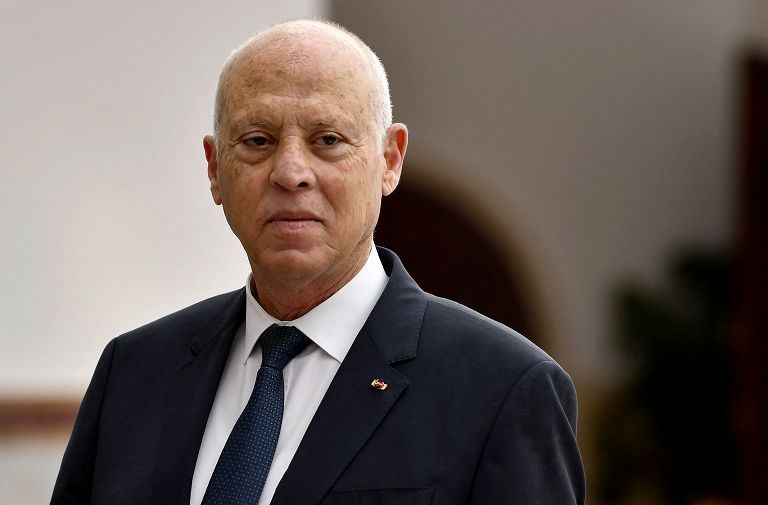It will be a lightning visit, but no less important, that of Italian Prime Minister Giorgia Meloni this morning in Tunisia.
The mission includes first a meeting with the Tunisian President, Kais Saied, and then a face-to-face meeting with the Prime Minister, Najla Bouden.
The issues on the table, very delicate and interconnected, concern the control of migratory flows in the Mediterranean and the serious economic and social emergency of Tunisia, a country where, moreover, democracy is practically suspended: since President Saied has centralized most of the powers on himself with what analysts do not hesitate to define a serious authoritarian turn. At the last elections the turnout was around 11%, because the opposition boycotted the vote.
Inflation is in double digits, unemployment over 16%, public debt has exploded and the economy stagnates: the World Bank places Tunisia in a situation similar to that of Lebanon, not far from bankruptcy. In the face of all this, Saied has repeatedly tried to shift the blame onto sub-Saharan migrants fleeing war and misery. But there are now many Tunisians who flock with those migrants on the boats of hope, in search of a future in Europe. And there is a high danger that a new wave of instability and terrorism will arise from the Tunisian chaos.
The International Monetary Fund says it is ready to allocate aid for 1.9 billion dollars, a sum already probably insufficient to quell the crisis, but Saied rejects the conditions set: "We do not accept diktats from abroad that only lead to further impoverishment", as he said in April.
FETHI BELAID/AFP via Getty Images
Kais Saied
Meloni has already spoken on the phone with Saied last Friday. Italy aims to support Tunis in negotiations with the IMF, asking in return for reforms and a firm hand on migration flows. On the table is the idea of offering two trances of international funding, with the support of the European Union - one immediately, another when the reforms have been implemented. In addition, development aid, quotas of legal entry for work, investments, investigative collaborations, interventions in the energy field - with the hypothesis of a new submarine power line that connects Tunisia with Italy.
There will also be talk of the "Mattei Plan", the not new idea of transforming Italy into a European gas hub, but the gas pipelines that already bring Algerian methane to Europe pass through Tunisia, which wants its part in the project.
These things were also discussed on the sidelines of the G7 in Hiroshima, a couple of weeks ago, in a three-way meeting between Giorgia Meloni, the president of the EU Commission Ursula von der Leyen and Kristalina Georgieva, director of the International Monetary Fund. Von der Leyen herself, according to some sources, should have been on a mission with Meloni - her absence today is probably not accidental.
It will not be easy to mediate between Saied's stubborn position and the international financial institutions, it will not be easy to persuade Brussels that Tunisia is a problem common to the whole of Europe.
(Rai/Tg3)
Giorgia Meloni during the session for the pnrr in Montecitorio

